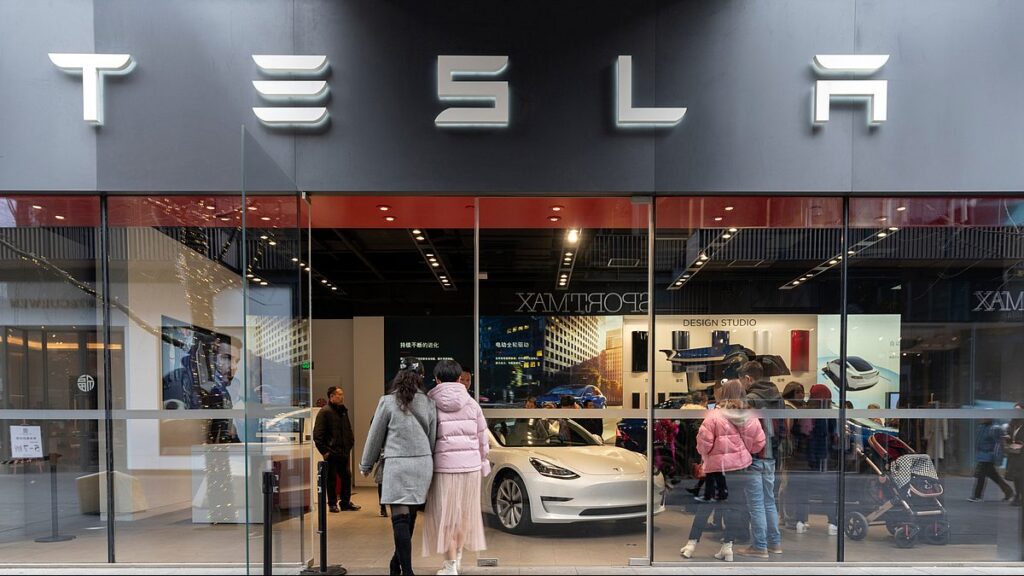
In a region fraught with controversy, Tesla has opened a new dealership in China, Xinjiang, the same area where the Chinese government was accused of human rights violations against the Uyghur Muslim minority.
This move strangely comes just after U.S president Joe Biden signed the Uyghur Forced Labor Prevention Act to protect said minority from further oppressive actions such as unjust detention, family separation, indoctrination, forced labor, subjugation, mass surveillance, and more.
The Uyghur Forced Labor Prevention Act is a U.S. federal law is set to alter American policy on China’s Xinjiang Uyghur Autonomous Region. It ensures that U.S.-based entities are not financing forced labor, as well as the region’s ethnic minorities.
The reports by the Wall Street Journal detail one million Uyghurs living under such circumstances, yet the Chinese government vehemently refutes these allegations.
Antony Blinken, U.S Secretary of State, said, “[we] call on the Government of the People’s Republic of China to immediately end genocide and crimes against humanity against the predominantly Muslim Uyghurs and members of other ethnic and religious minority groups in Xinjiang.”
Despite this, Tesla maintains a good relationship with the Chinese government and is now opening a showroom in the Xinjiang region capital, Urumqi. The automaker has significantly benefited from its exploits in the country, including a factory opened in 2021 in Shanghai, which greatly boosted its profits.
Of course, Tesla isn’t the only company accused of getting cozy with an oppressive regime.
Apple has been reportedly linked to suppliers who use force. Intel recently made a statement saying that they would not deal with labor or goods sourced from the region, only to go back on that statement shortly after. Best Buy and Home Depot pulled products linked to Chinese surveillance.
The semiconductor giants like QUALCOMM and AMD are heavily linked to the country by revenue, and other famous brands such as Boeing, Nike, and Coca Cola to name a few.
Tesla has yet to comment on these developments, but clearly, the relationship between the two countries, however tense, is not as simple as “oppression bad, no deal.”